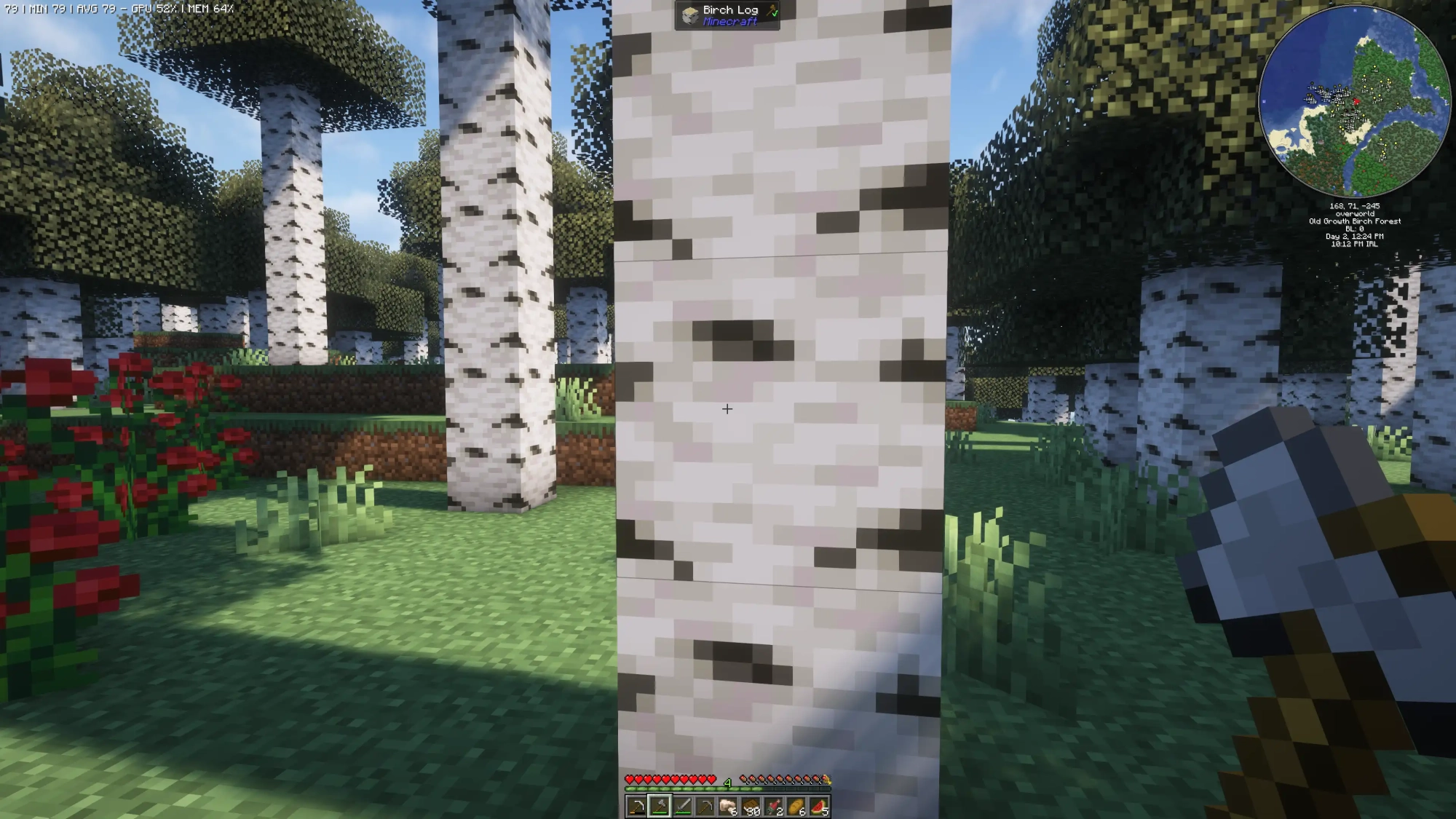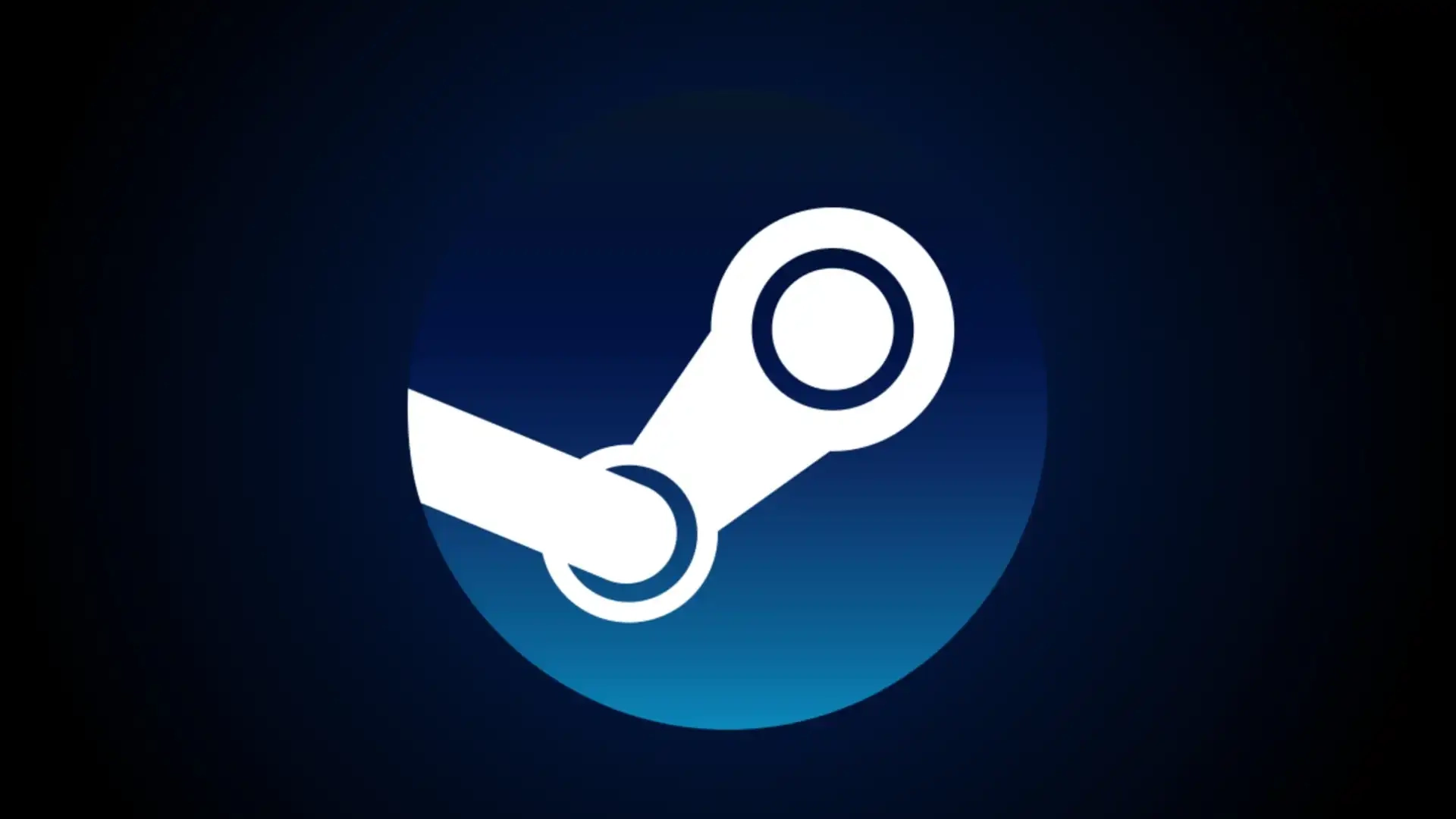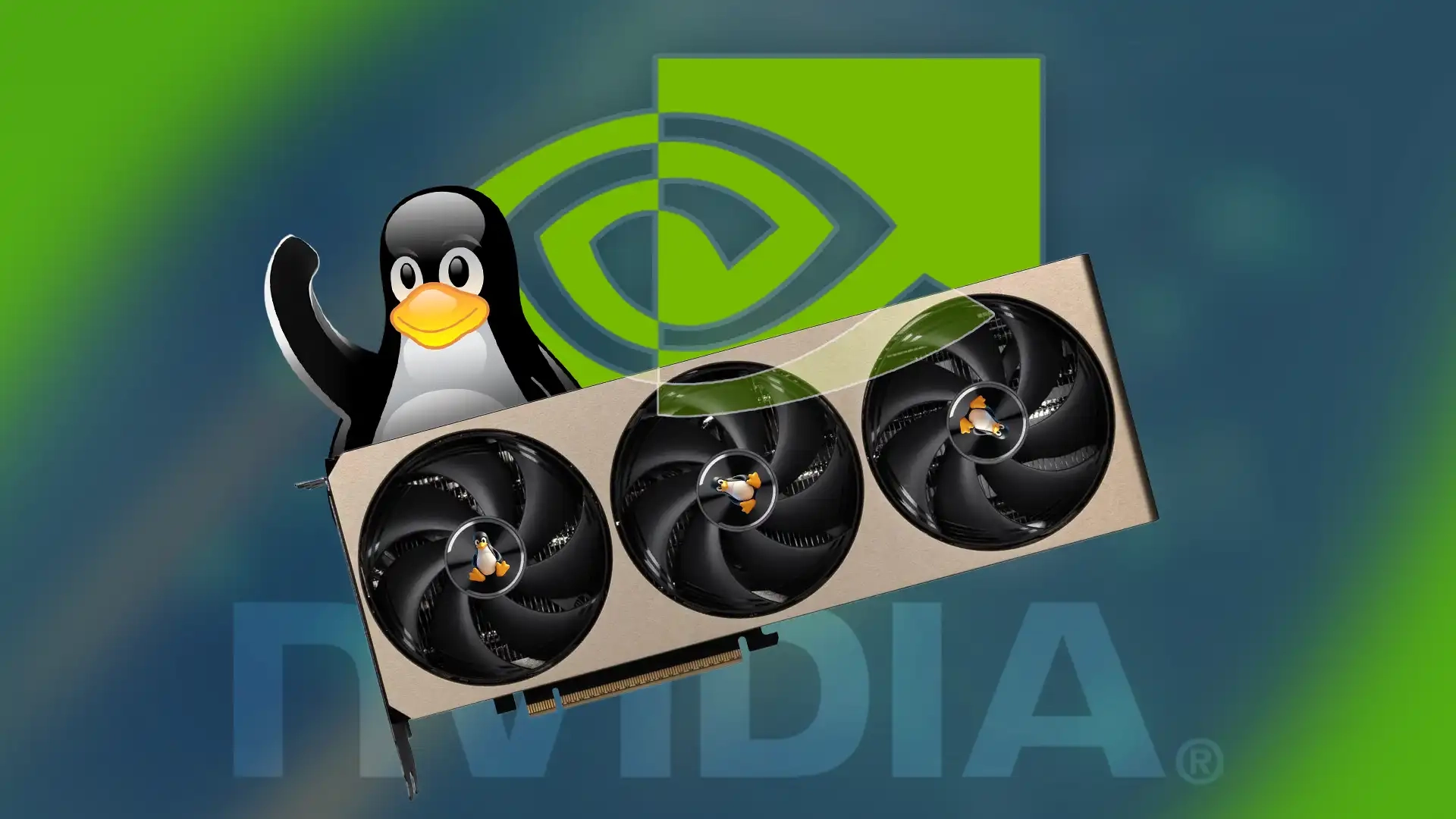PC Gaming has been primarily associated with Windows for several decades, but in the arms race to win over gamers and new PC builds, Linux is rapidly gaining ground.
Linux Has Comparable or Better Performance
Not so long ago, it would have been laughable or bizarre to suggest that a Linux distro could beat Windows in gaming performance.
However, today, that is the reality in many cases. The first games I noticed this with were Java games like Minecraft and Project Zomboid, both of which performed better on Linux than Windows.
 Patrick Campanale / How-To Geek
Patrick Campanale / How-To Geek
As time has gone on, two things have happened simultaneously that have led to those performance gains showing up in all sorts of games you wouldn't expect.
The first is the bloat and inefficiency in Windows itself. By default, Windows is packed with all sorts of extra stuff that is installed automatically and constantly running in the background. All of it has led to an operating system that is heavy and sluggish.
The second is increased compatibility. Between Proton (Steam's emulation layer), better native support, and improved driver compatibility with Linux, the major hurdles that used to hurt gaming performance on Linux are now largely a thing of the past.
Linux has eaten Microsoft's lunch.
 Valve
Valve
Emulation or compatibility layers have been a big part of gaming on Linux forever, but it has never been easieror betterthan it is today.
As an added perk, you don't even need to own a game on Steam to use Proton through Steam to play a game. Just add it to your Steam library, and you'll be able to use Proton.
Steam has also started including compatibility notes for Linux in most game descriptions as well, which makes it easier to know in advance if you should anticipate problems when you try playing your favorite game.
Above and beyond emulation, an increasing number of games launch with native Linux support.
The main advantage there is that you avoid the few potential pitfalls you get related to the use of an emulation layer like Proton or Wine.
It is also a bit like a snowball rolling down a hillas more games support Linux, more gamers will use Linux as their primary OS, and there is a greater incentive to release games with native Linux support.
Once upon a time, running a Linux gaming machine usually meant you were in for a fair amount of fussing with drivers before you could get to gaming.
Today, however, it is more or less plug and play. In fact, when I upgraded to a 5070 Ti, I set up a fresh install of Kubuntu just to see how things went. I had expected at least a little resistance, but found none. To quote Todd Howard out of context: "It just works."
 Lucas Gouveia/How-To Geek
Lucas Gouveia/How-To Geek
I was most surprised when I didn't encounter any issues with my Creative Soundblaster sound card. Historically, it has been a bit touchy, but it worked flawlessly with no manual intervention on my part.
The biggest obstacle remaining for gamers on Linux is anti-cheat.
You hear a lot of reasons for this, but the most common one boils down to Linux's open nature. Because you can do whatever your heart desires on most Linux distros, there are a hundred and one ways to defeat even kernel-level anti-cheat.
Windows, on the other hand, keeps kernel access under much tighter wraps, in theory preventing many of the exploits that might allow someone to bypass the anti-cheat.
However, Microsoft is tightening up access to the Windows kernel sometime relatively soon. We don't yet know the details, but Microsoft has stated that antivirus software won't be running in Kernel space going forward. It is safe to assume that anti-cheat will be pushed out as well at some point in the near future.
While it may just be a pipe dream, this transition period would be a great opportunity to take a look at improving and expanding support for anti-cheat on Linux.
This has been Microsoft's game to lose, and they seem perfectly intent on making Linux as appealing as possible to what has historically been a pretty captive base.
At the end of July 2021, the Steam Hardware Survey indicated that only 1% of PCs with Steam installed were running Linux. By the end of July 2025, that had increased by 189% to 2.89%. While that is still a tiny fraction, the relative gain is huge.
Windows 10 rides off into the sunset in October 2025. The few months that follow will be very telling. Will gamers with perfectly adequate systems shell out for new, unnecessary hardware just to move to Windows 11? Or will they finally make the jump to Linux?



